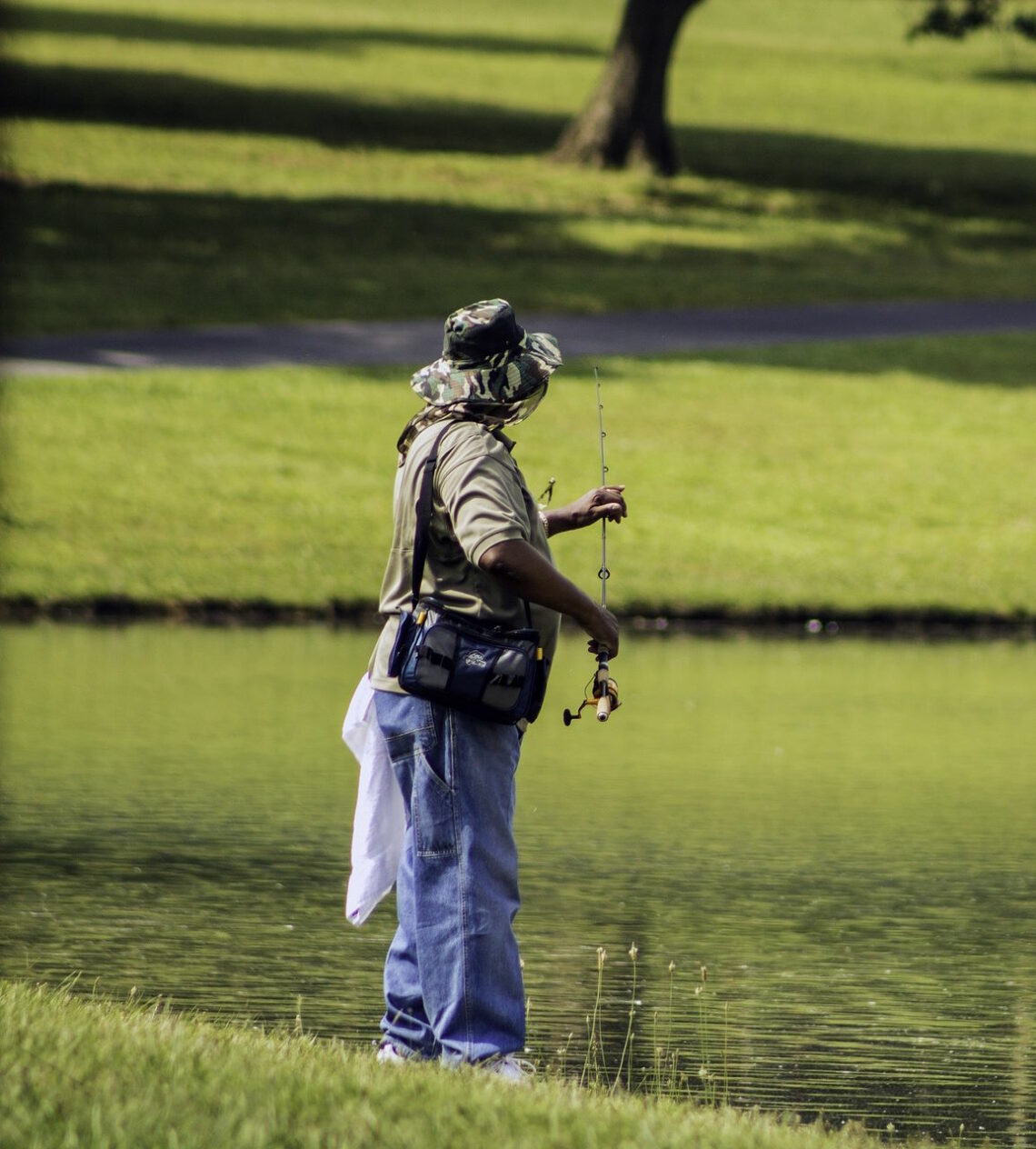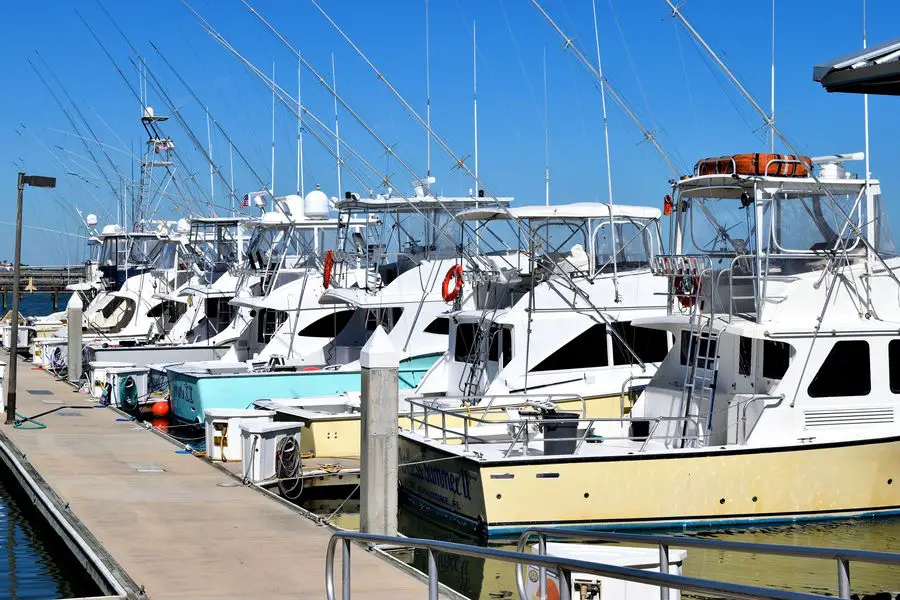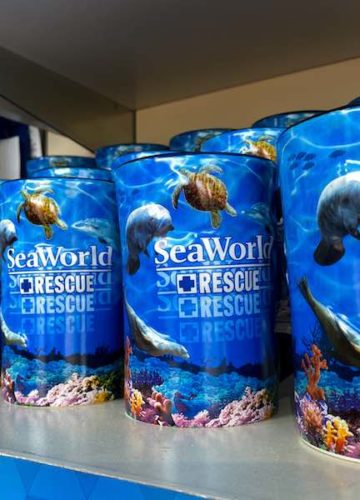
Fishing Licensing in Florida: What You Need to Know
Florida is one of the best destinations for fishing in the United States, offering a diverse range of fishing opportunities for both recreational and professional anglers.
From the pristine waters of the Gulf of Mexico to the vast network of freshwater lakes and rivers, there is something for every type of fisherman in Florida.
Florida, being the southeasternmost U.S. state, offers a variety of fishing opportunities with the Atlantic on one side of the state and the Gulf of Mexico on the other.
Many anglers consider Florida the “Fishing Capital of the World.” Throughout Florida and along its coastline, you will be able to either fish in saltwater for fresh, from a boat, or on the shoreline and for a wide variety of fish.
However, before you set out on your fishing adventure, it’s important to understand the licensing requirements, regulations, and costs associated with fishing in Florida. In this blog post, we’ll cover everything you need to know about fishing in Florida.
Table of Contents
Fishing License Requirements in Florida
In order to fish in Florida, you must have a valid fishing license. There are several types of fishing licenses available in Florida, but two main types: a resident fishing license and a non-resident fishing license.
Resident fishing licenses are available to Florida residents who have lived in the state for more than 183 days, or, one day more than six months. Non-resident fishing licenses are available to those who do not meet the residency requirements.
Out-of-state individuals who want to fish in Florida must obtain a non-resident fishing license. Non-resident licenses are available for purchase online, at local fishing stores, or through the Florida Fish and Wildlife Conservation Commission.
It’s important to note that non-residents must also abide by all of the same regulations and restrictions that apply to residents, including size and bag limits, seasonal restrictions, and specific regulations for certain bodies of water.
Saltwater VS Freshwater Fishing Licenses in Florida
There are also fishing liscenses that depend on the type of water you will be fishing on, either saltwater or freshwater.
The Florida Fish and Wildlife Conservation Commission provides a website, Licenses and Permits | FWC, that will give you all the information you need to obtain a fishing license. Even if you plan on doing a catch-and-release, you will need to have the appropriate license.
Most saltwater fishing is done from a beach or pier, off of rocks or on a boat. Saltwater fishing is usually done in the ocean or intercoastal waterways. You will also need a slatwater fishing license to take crabs, lobster and aquatic plants.
Freshwater licenses are for anglers who fish only in freshwaters, such as rivers and lakes in Florida. If you fish in a lake or pond that is less than 20 acres, and which is located entirely within the private property of the owner, and has no surface water connection to public waters, you don’t need a fishing license.

Recreational VS Commerical Fishing License
When you apply for a fishing license, you will be asked if it is for commercial or recreational purposes. If you are fishing for leisure/pleasure, then get a recreational license.
If you plan to sell the fish that you catch, then you will need to get a commercial license.
Types of Fishing Licenses:
Florida Residents Fishing Licenses
- Annual Freshwater-Only Fishing License
- Annual Saltwater-Only Fishing License
- Optional Youth License
- 5-year (Freshwater-Only) Fishing License
- 5-year (Saltwater Only) Fishing License
- Annual Combination Fishing (Freshwater and Saltwater) License
- Annual Freshwater-Only Fishing and Hunting License (cost
- Freshwater and Saltwater, Fishing and Hunting Combination License Annual
- Annual Sportsman’s License
- Lifetime License. For this one, the cost depends on your age when applying
Non-Residents Fishing Licenses
- Annual Freshwater-Only Fishing License for Visitors 3-day Freshwater-Only Fishing License
- One week Freshwater-Only Fishing License
- Annual Saltwater-Only Fishing License for visitors 3-day Saltwater-Only Fishing License
- One-week Saltwater Fishing License
License-Free Fishing Days in Florida
The Florida Fish and Wildlife Conervation Commission has certain days that the fishing license requirement is waived for all recreational anglers.
The FWC feels that these license-free days provide an excellent opportunity for people to experience fishing. This is a great time to take the kids or introduce a friend to angling without having to purchase a license.
On licesne-feree days, the fishing license requirement is waived for both residents and non-residents. All other rules, such as seasons, bag and size limits, still apply.
Check out the license-free days here: License-Free Fishing Days | FWC
Specific Florida Fishing Regulations
In addition to obtaining a fishing license, it’s important to familiarize yourself with the regulations and restrictions that apply to fishing in Florida. This includes size and bag limits, seasonal restrictions, and specific regulations for certain bodies of water.

It’s also important to be aware of the different types of fishing gear that are permitted in each area, as well as the restrictions on fishing from boats, bridges, and other structures.
It is also good to know that fishing without a license in Florida will get you a fine and the cost of a license. That considered, it is better just to buy the license in the first place.
The Florida Fish and Wildlife Conservation Commisson patrols all of the bodies of water in Florida and checks anglers and boaters frequently.
Find the rules and regulations for fishing in Florida here: Rules and Regulations | FWC
Costs of Fishing Licensing:
The cost of a fishing license in Florida varies depending on the type of license you need and the length of time it is valid for. A resident annual fishing license is $17, while a non-resident annual fishing license is $47.
There are also short-term licenses available for periods of three days, seven days, and one year, as well as a lifetime license for residents.
Check the Licenses and Permits | FWC, for up-to-date information and costs of fishing licenses in Florida.
FAQs:
What types of fishing gear are permitted in Florida?
The types of fishing gear that are permitted in Florida vary depending on the specific body of water and the regulations that apply. Common types of fishing gear include rods, reels, hooks, lines, and bait. It’s important to familiarize yourself with the regulations and restrictions that apply to the specific body of water you will be fishing in, as well as any restrictions on fishing from boats, bridges, and other structures.
Is it possible to fish without a license in Florida?
No, it is not possible to fish in Florida without a valid fishing license. Fines for fishing without a license can be substantial, so it’s important to make sure you have the proper documentation before heading out on the water.
What is the best time of year to fish in Florida?
The best time of year to fish in Florida will depend on the type of fishing you are interested in, as well as the specific body of water you will be fishing in. Generally, the best fishing conditions in Florida occur during the spring and fall months, when the weather is mild and the water temperatures are ideal for a variety of fish species. Additionally, some species of fish are more active during specific times of the year, so it’s important to research the best times to fish for the species you are interested in.






